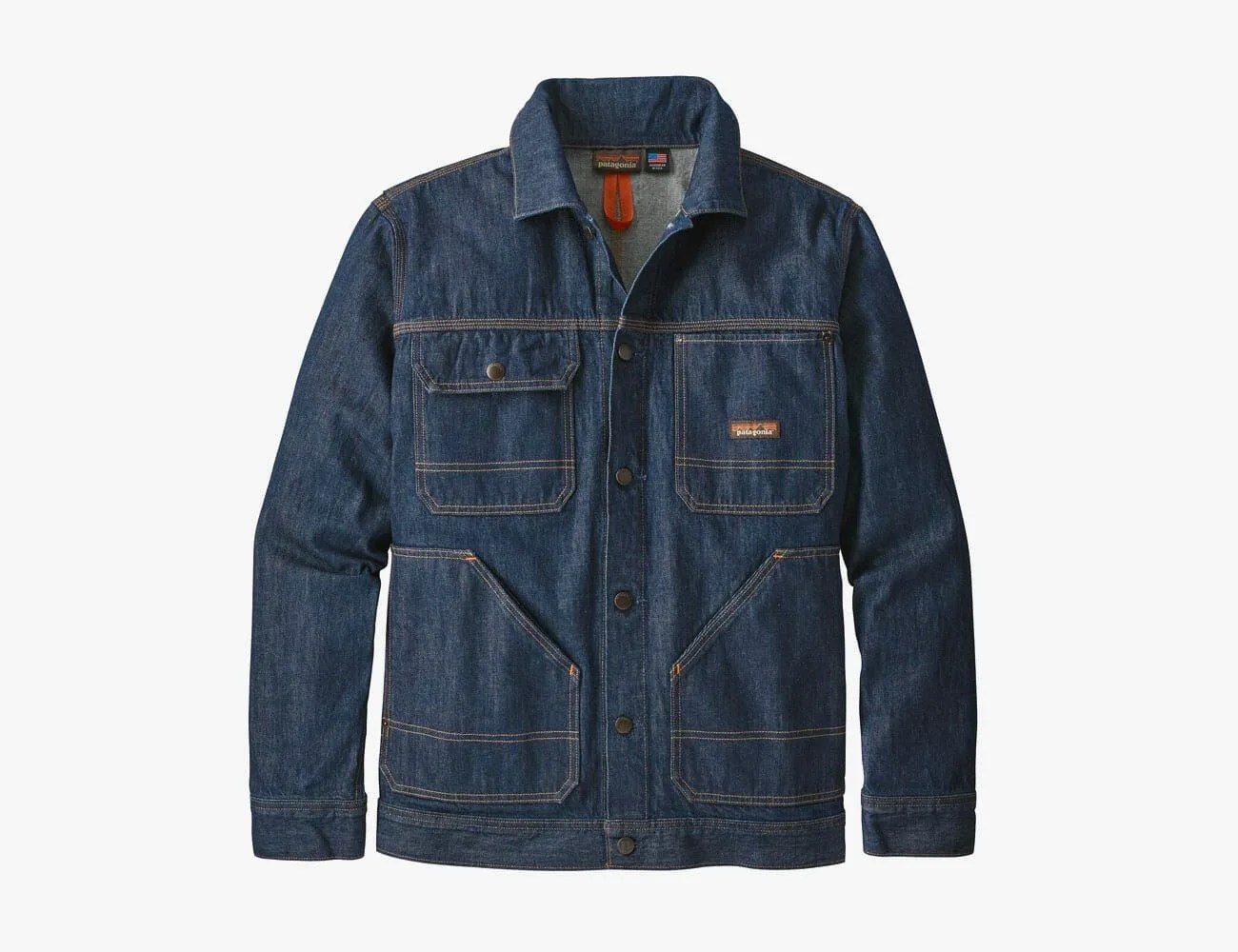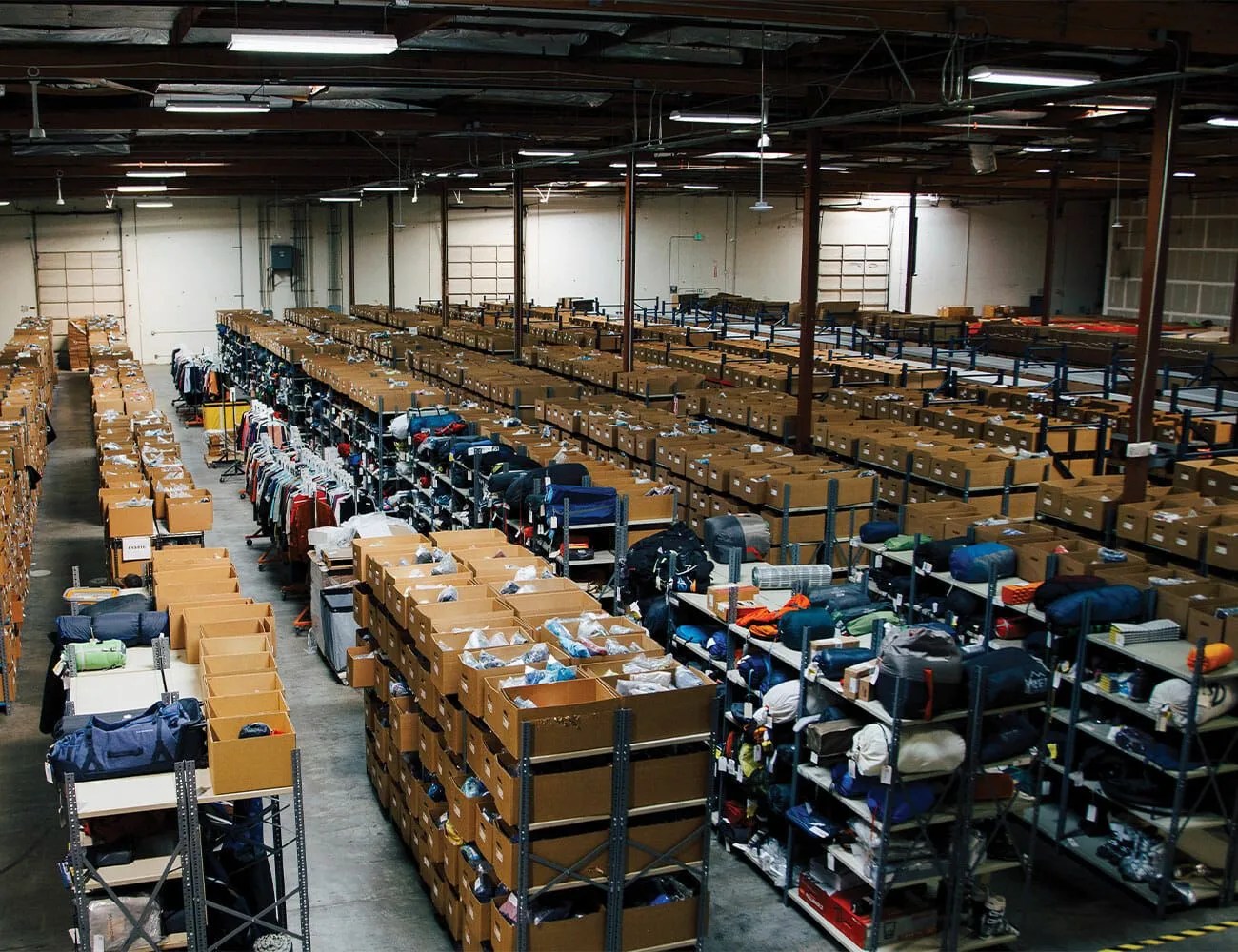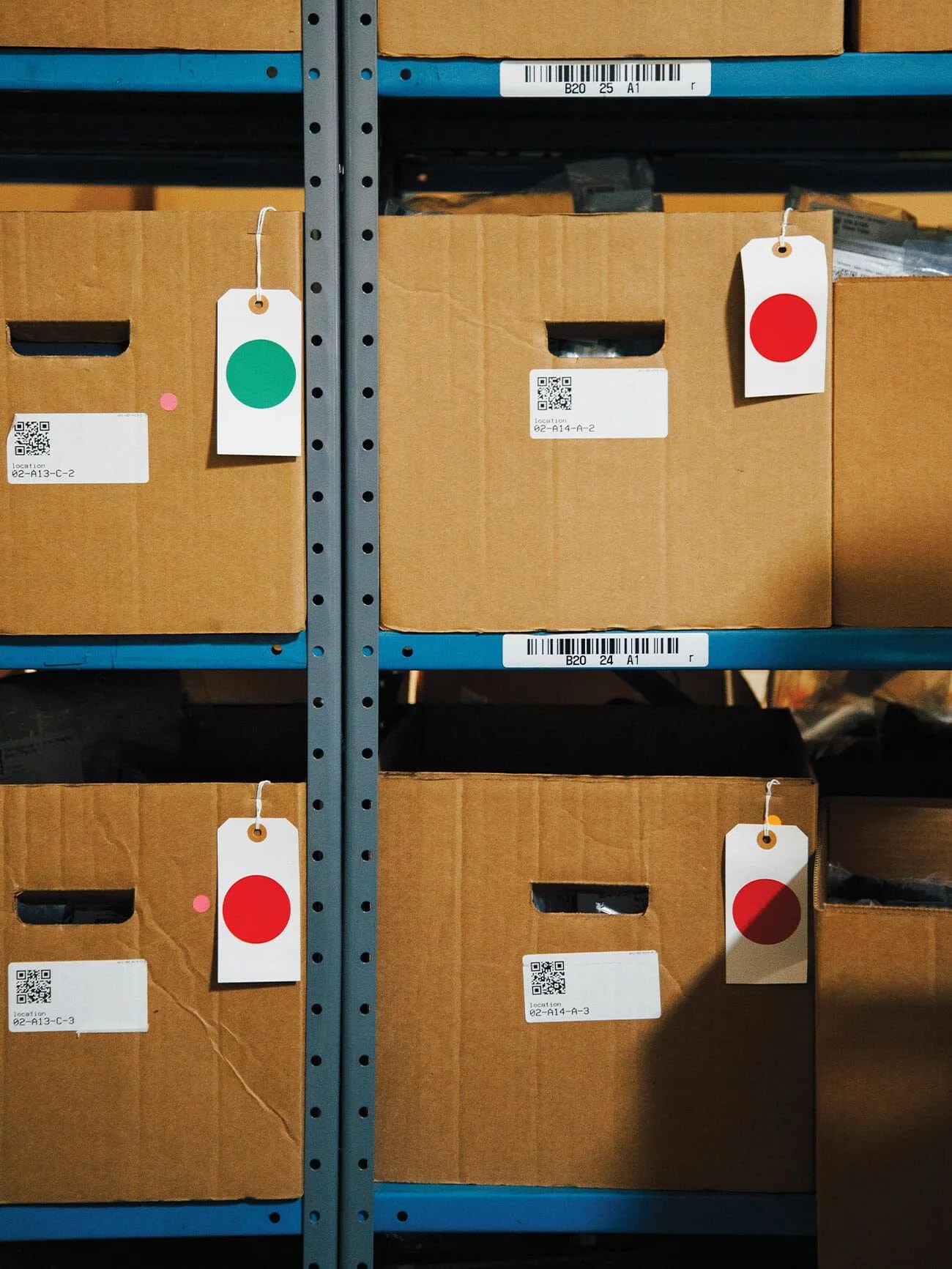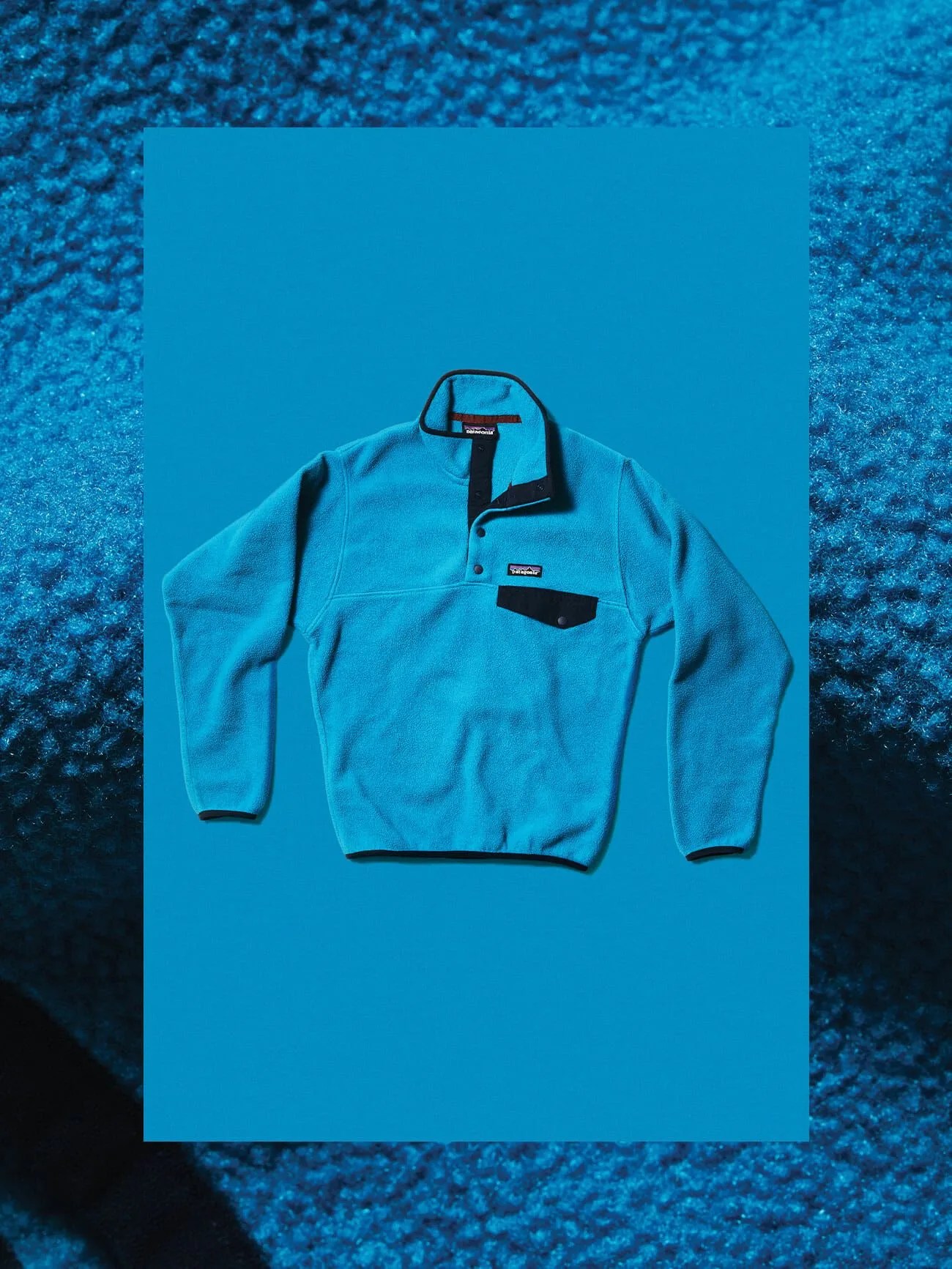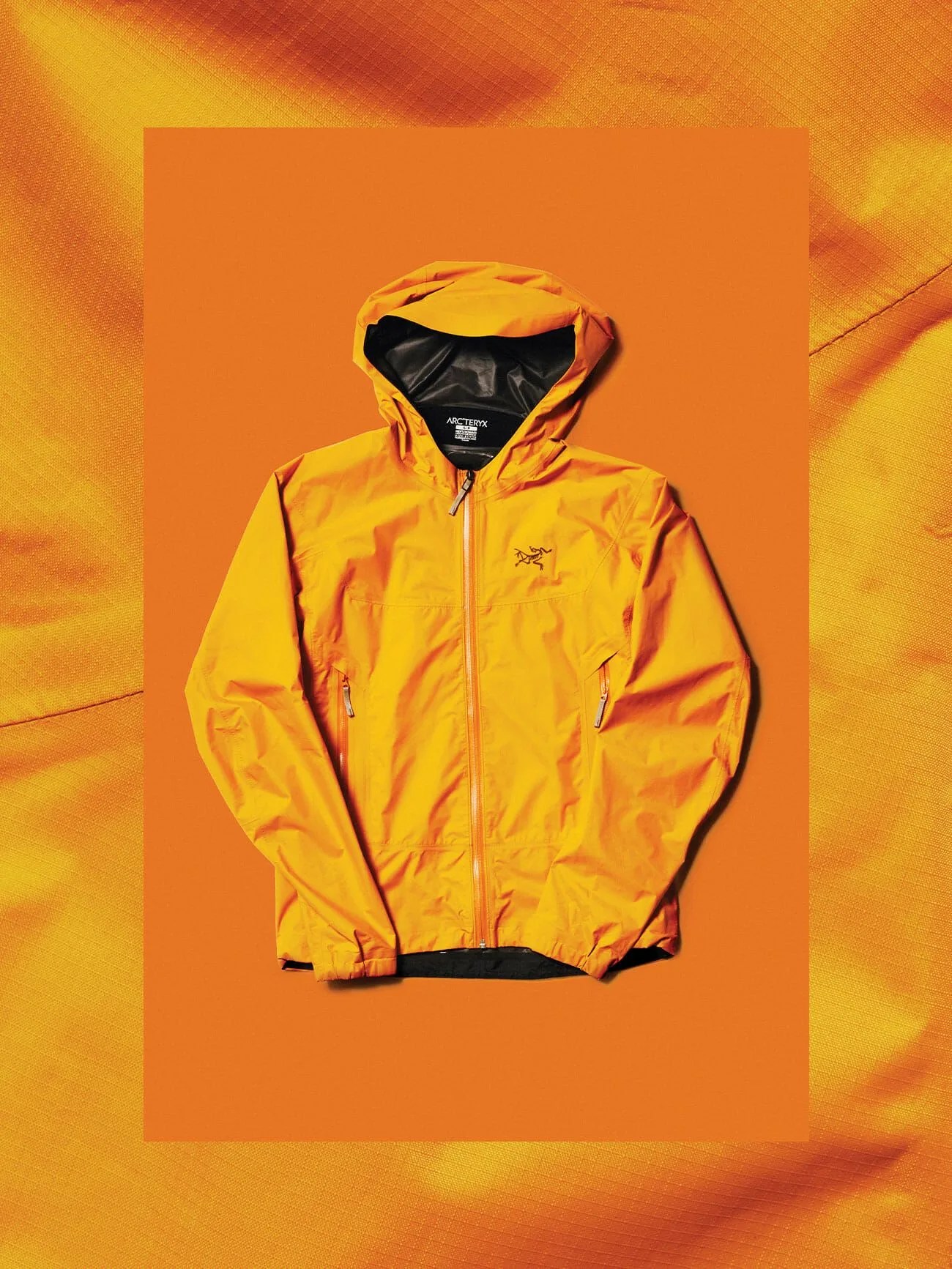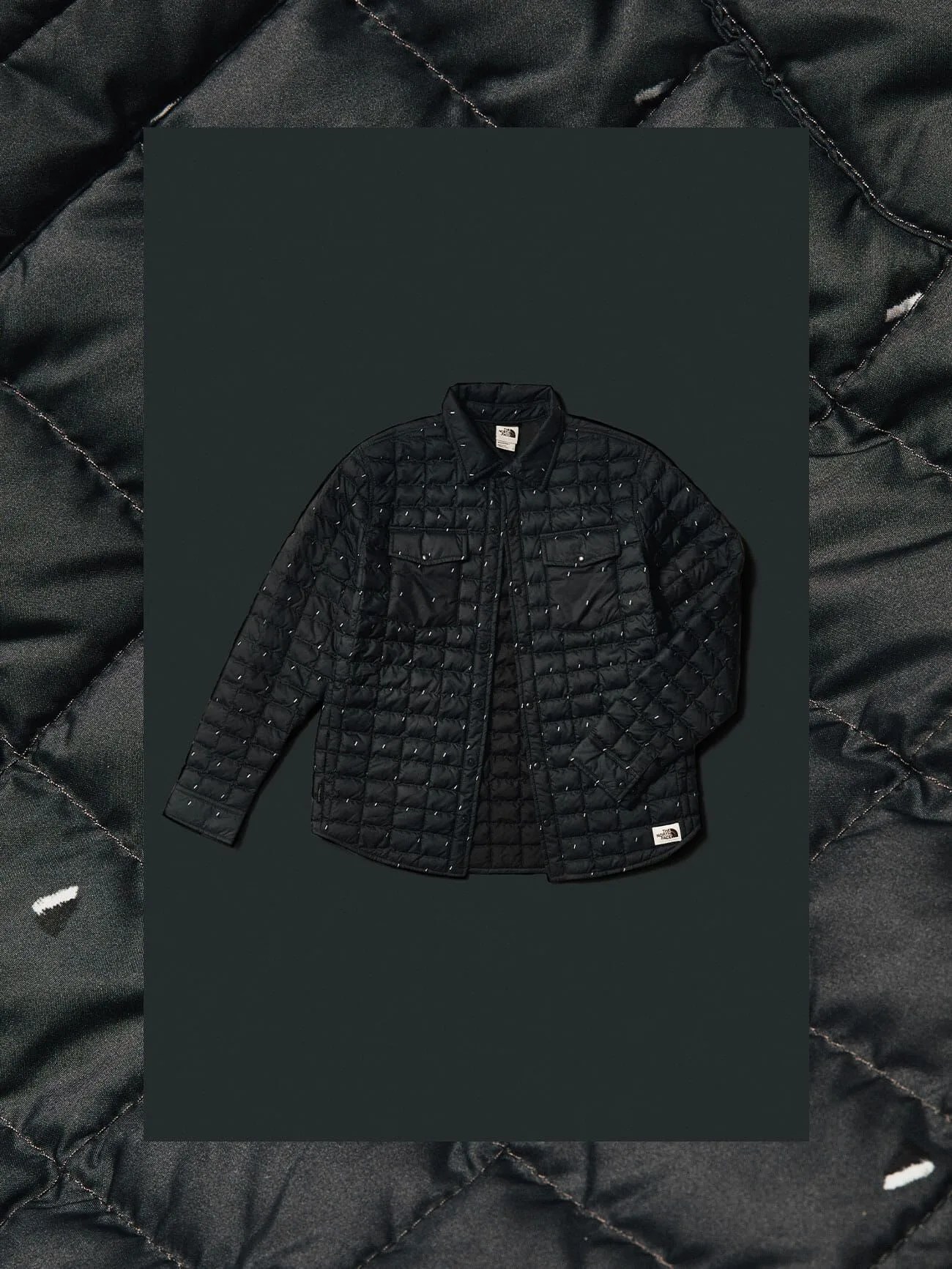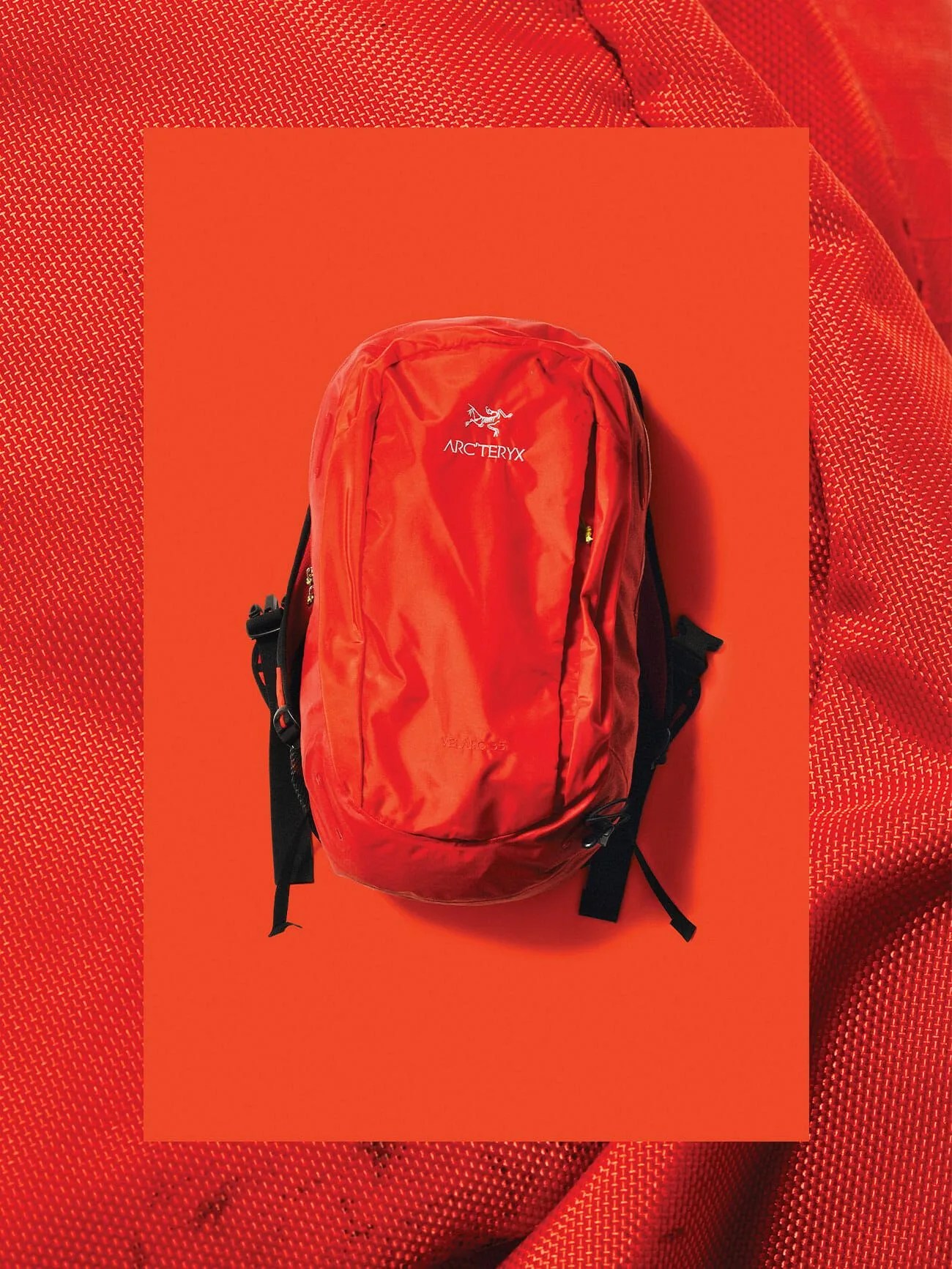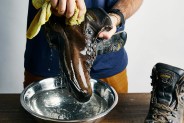This story is part of our Summer Preview, a collection of features, guides and reviews to help you navigate warmer months ahead.
One evening last fall, I found myself after hours at King Garment Care, a dry cleaner located in downtown Manhattan. Despite a tagline that reads “Fit for Royalty,” there’s nothing remarkable about the store. Like the thousands of other dry cleaners in New York City, it has halogen lights, a white tiled floor, a wood-paneled counter and, at any given time, a conveyor of bagged button-downs, suit jackets and delicate dresses all awaiting retrieval by their owners.
On this particular night, though, the chairs and coffee table that usually populate a makeshift waiting area were stashed somewhere in the back, the halogens replaced with moody neons. And the place was packed. The long counter stood resolute as designers, social media influencers, writers, bloggers and other denizens of New York City’s fashion world bumped up against it, and instead of tailoring services, its attendant offered up cocktails encased in miniature plastic garment bags. At the back of the room, I popped a plant-based hors d’oeuvre — an imitation of a quesadilla, or perhaps a quiche — into my mouth. “Any good?” a voice to my left wondered. “Yeah, actually, it is,” I sent back, looking up to find its owner to be Alysia Reiner, who plays Fig in Orange Is the New Black.
In 2020, it might come as no surprise that such an event was held in celebration of a new app, Wardrobe. The platform allows luxury fashionistas to rent out the expensive contents of their closets for a small profit. It is, to drop an overused comparison, the Airbnb of fashion (in fact, Nathan Blecharczyk, one of Airbnb’s founders, is an investor).
Unlike similar services such as Rent the Runway, Wardrobe harnesses the sharing economy to put exclusive items in the hands of those who might otherwise not be able to afford them. Airbnb and Uber may have pushed privacy norms against the wall by letting strangers into our homes and our vehicles, but Wardrobe smashes through them by letting them into, yes, our clothing.
As ironic as the dry-cleaner setting was, it’s also key to Wardrobe’s formula. Dry cleaners serve as the “hubs” where lenders drop off clothing, and renters pick it up. They also earn a little dough themselves through cleaning fees. It’s a win-win-win. The catch? Wardrobe only operates in New York City (for now). The other catch? To lend, you need at least 20 items, each with a retail value of $250 or more. That night at King Garment Care, the only piece of my outfit to come close was my Patagonia Steel Forge Denim Jacket, which retails new for $199.
